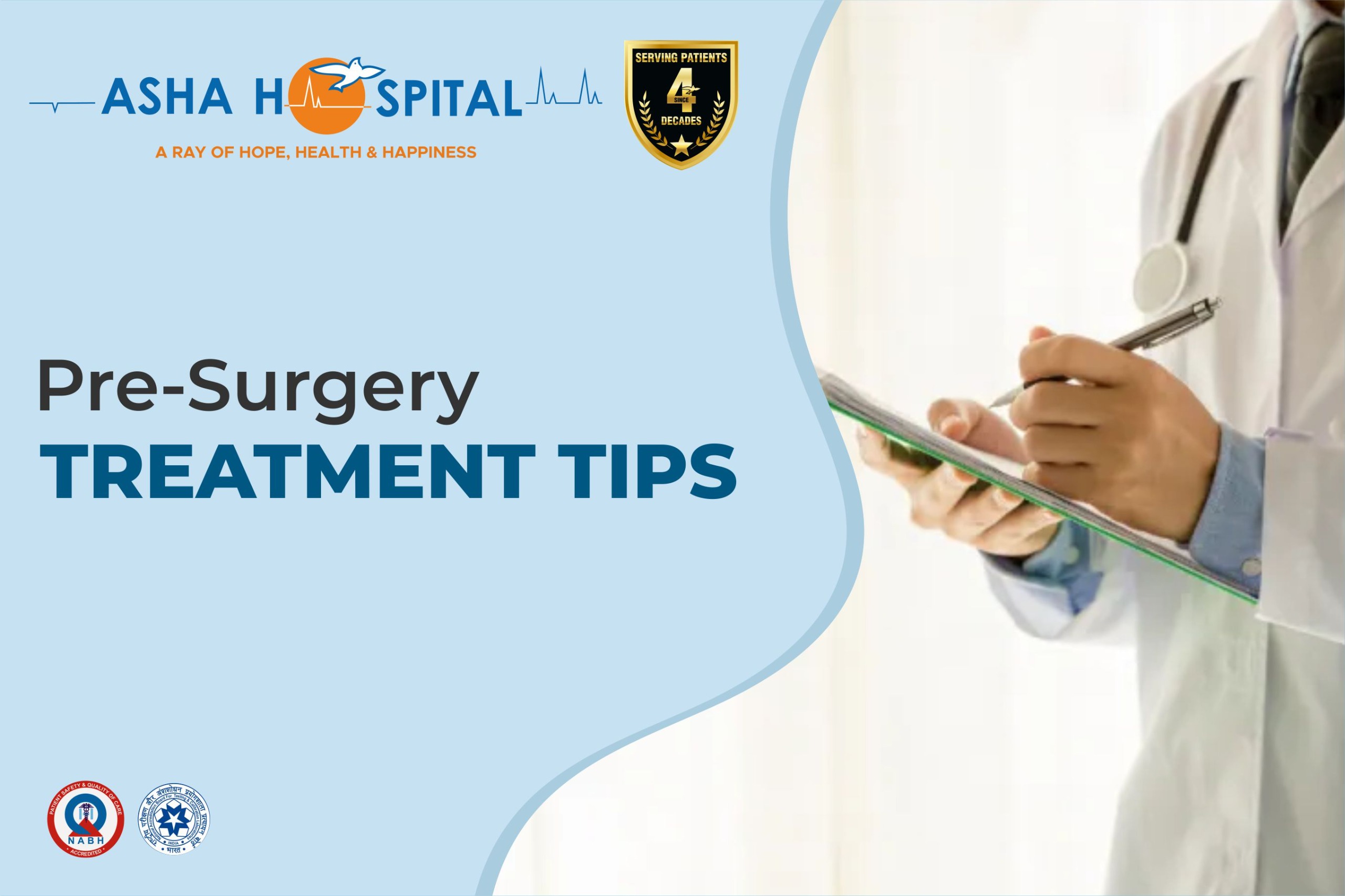Preparing for surgery is essential for a successful procedure and smooth recovery. Follow these pre-surgery tips, including discussing the procedure with your doctor, managing medications, and making lifestyle adjustments, to ensure you’re ready for the operation and reduce potential risks.
- Pre-Surgery Consultation
- Discuss the Procedure: Have a thorough discussion with your surgeon about the details of the surgery, including risks, benefits, and what to expect.
- Ask Questions: Address any concerns or questions you may have about the procedure, anesthesia, and recovery process.
- Medical History and Evaluation
- Provide Medical History: Share your complete medical history with your healthcare provider, including any chronic conditions, allergies, and current medications.
- Pre-Operative Tests: Complete any required pre-operative tests or screenings, such as blood tests, imaging studies, or EKGs.
- Medication Management
- Review Medications: Discuss all current medications, including over-the-counter drugs and supplements, with your healthcare provider. Some medications may need to be adjusted or stopped before surgery.
- Follow Instructions: Take medications exactly as prescribed and follow any instructions regarding fasting or medication restrictions.
- Pre-Surgery Instructions
- Fasting: Follow fasting instructions, typically requiring you to avoid food and drinks for a specified period before surgery. This is important for anesthesia safety.
- Pre-Surgery Cleaning: You may be instructed to use antiseptic washes or follow specific hygiene protocols to reduce the risk of infection.
- Lifestyle Adjustments
- Smoking Cessation: If you smoke, try to quit or reduce smoking before surgery, as smoking can impair healing and increase the risk of complications.
- Limit Alcohol: Reduce or eliminate alcohol consumption prior to surgery, as it can interfere with anesthesia and healing.
- Emotional Preparation
- Understand the Process: Familiarize yourself with the surgery process and recovery expectations to reduce anxiety and feel more prepared.
- Relaxation Techniques: Practice relaxation techniques such as deep breathing, meditation, or visualization to manage pre-surgery stress.
- Follow Hygiene Protocols
- Shower: You may be instructed to take a pre-surgery shower with a special antiseptic soap to reduce the risk of infection.
- Nail Polish and Jewelry: Remove all nail polish, jewelry, and other accessories before the surgery, as they may interfere with monitoring and sterilization.
- Dietary Considerations
- Pre-Surgery Diet: Follow any dietary restrictions or guidelines provided by your healthcare provider, such as a special diet or bowel prep.
- Hydration: Ensure you are well-hydrated before fasting begins, but avoid drinking fluids during the fasting period.
